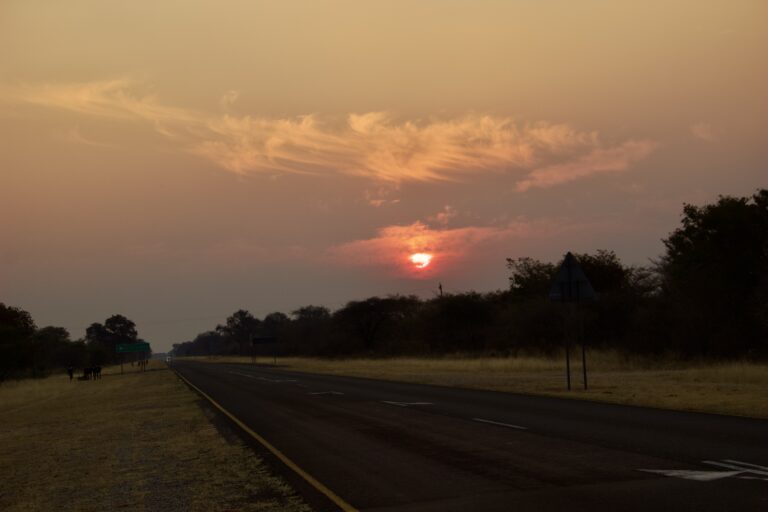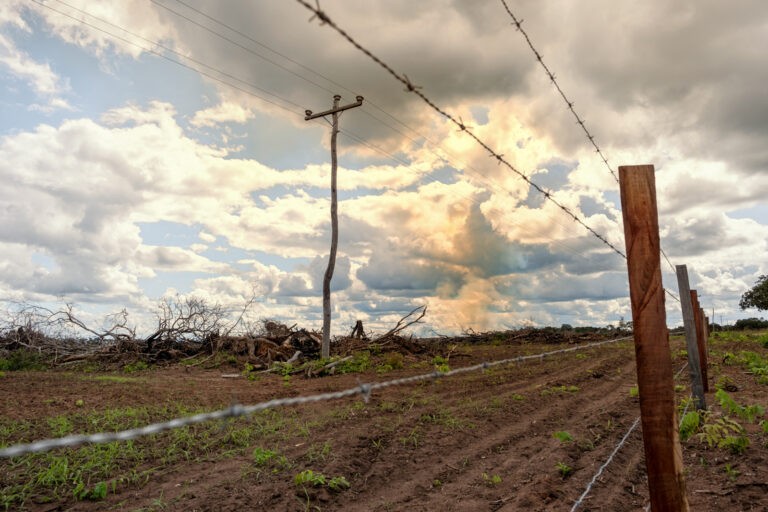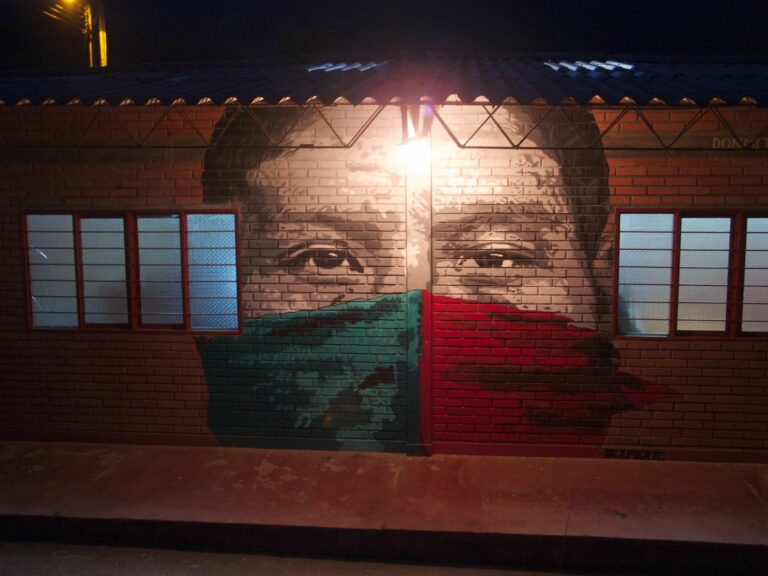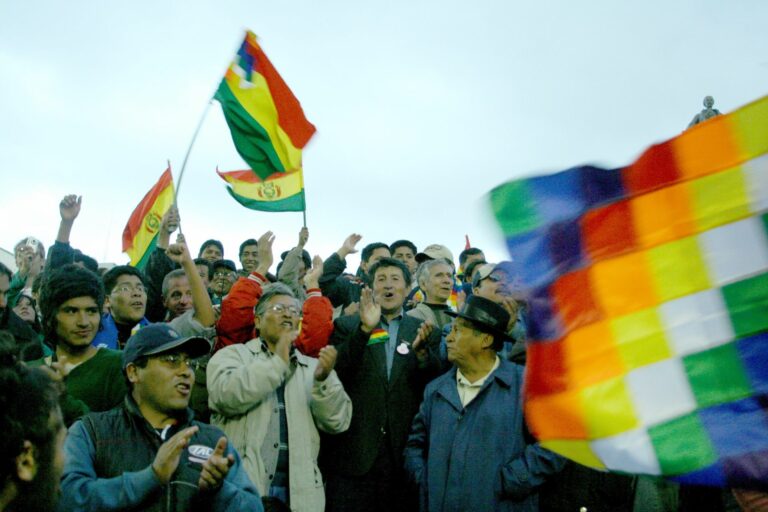
On Burning Ground: Wildfire Politics in Sub-Saharan Africa
Over the past decades, wildfires have been growing in size and frequency worldwide. Humans are mostly responsible of this increase through their impact on climate and land use changes. In this context, the nexus between wildfires, political factors and human actions remains poorly understood. Through a comparative politics approach and a mixed-methods design, this project will produce pioneering knowledge on wildfire politics in Sub-Saharan Africa, one of the world regions most impacted by wildfires. …





